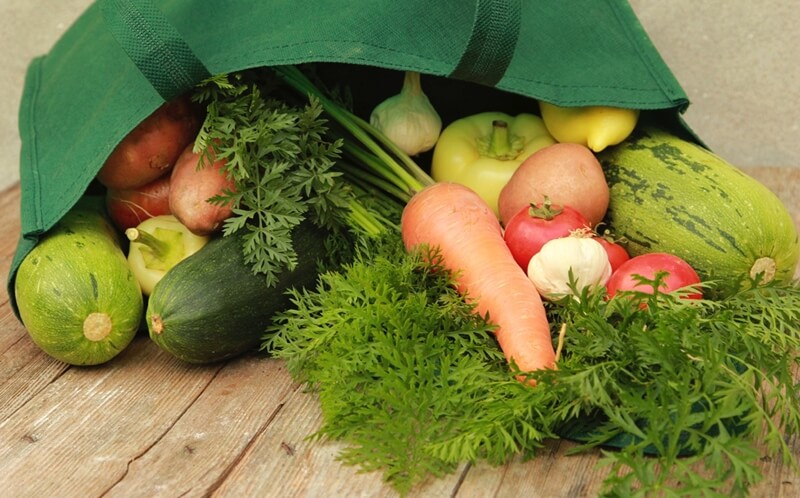French consumers have understood for a long time that the use of plastic bags has a very negative impact on the environment. In the United States, each year, about 100 billion plastic bags are thrown away, according to the Worldwatch Institute, on a total of 300 billion bags produced.
The Environmental Protection Agency says the recycling rate for plastic bags was only 9.1% in 2007 in the USA (against 36.8% for paper bags). In France, according to the Arhen, the shopping bags are a waste of 72,000 tons of plastic per year. Still according to the Arhen, a plastic bag takes about 100 to 400 years to degrade and therefore leads to an environmental disaster. According to Ifremer, 122 million plastic bags are contaminating our 5000 kilometers coastline.

Many supermarket chains, at present, are pushing consumers to use less throwaway bags by offering reusable bags for sale. However, these recyclable bags are not biodegradable and then not environmentally friendly.
The majority of these so-called "green" bags are made from non woven polypropylene, a kind of polymer plastic, that requires about 28 times more energy than the plastic used in most throwaway bags, and 8 times more energy than a paper bag. Looking for a natural alternative, Deyute has bring up to date the traditional manufacturing of jute bags. Jute fabrics is advantageous in the production of ecological shopping bags, it is a natural material, highly robust and very suitable for making bags. Jute, being known for centuries for its resistance, is therefore a very good natural alternative.
Unlike plastic polypropylene bags, jute can be integrated into the production process of sustainable development. Jute plant root plays a vital role in the agriculture production, helping to improve soil fertility without using any chemicals. By setting up a crop rotation such as rice and potatoes, jute acts as a barrier anti-parasite and prevents from disease to other cultures. In addition, jute acts as an organic micronutrient fertilizer too.
To encourage companies and consumers to use environmentally friendly jute bags in supermarkets, the look design is taken into consideration. In the conceptual phase of the design process, criteria as visual aspect is analyse. Well-designed ecological shopping bags are then contributing to the respect of the environment but to the users’ pleasure too.
 Política de Cookies
Política de Cookies
 Panel de Configuración
Panel de Configuración
 EN
EN DE
DE ES
ES FR
FR IT
IT

